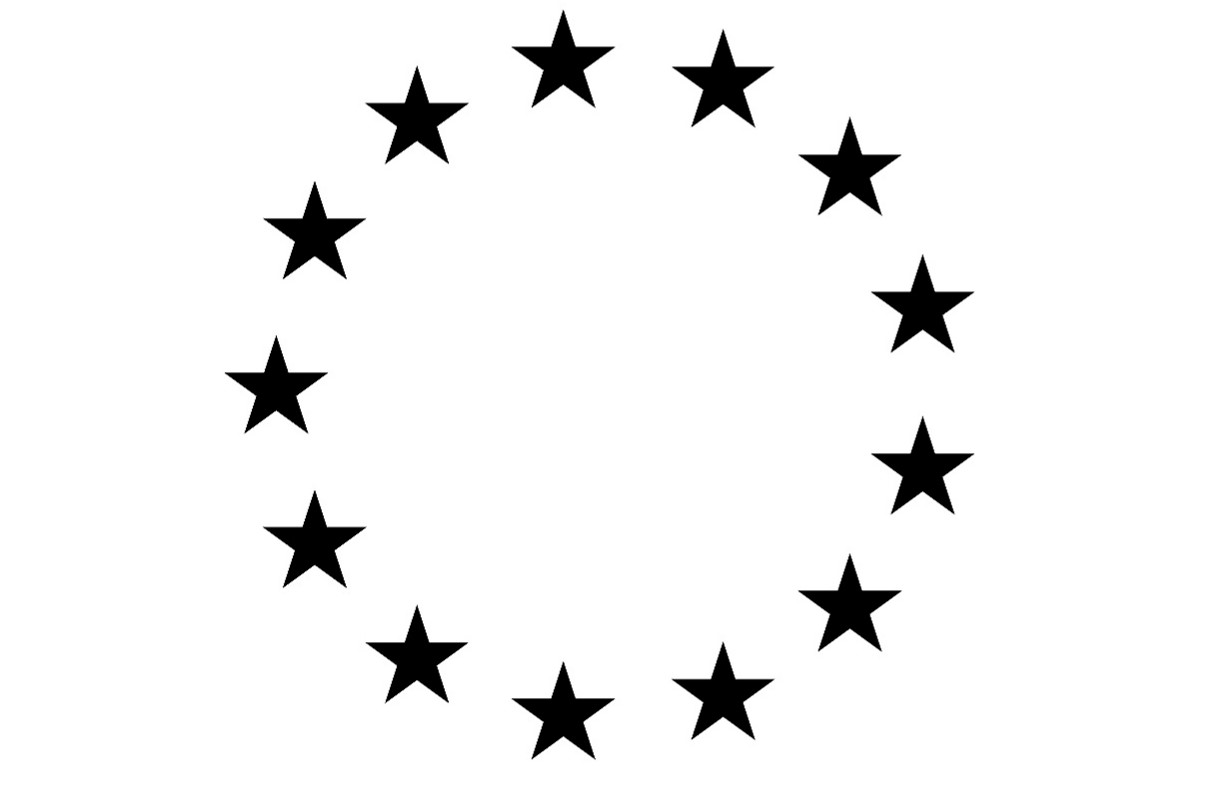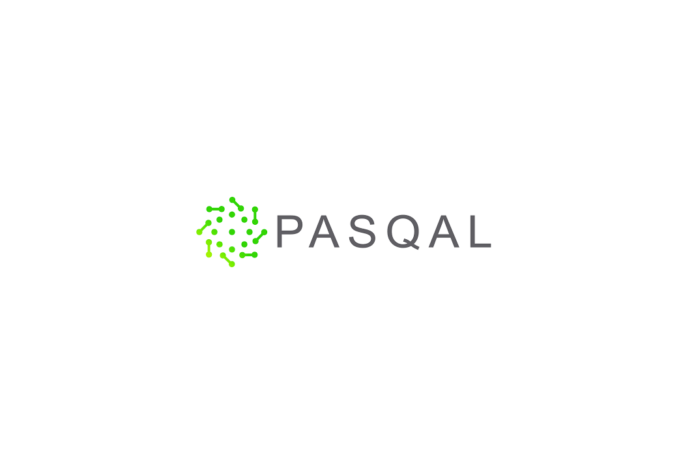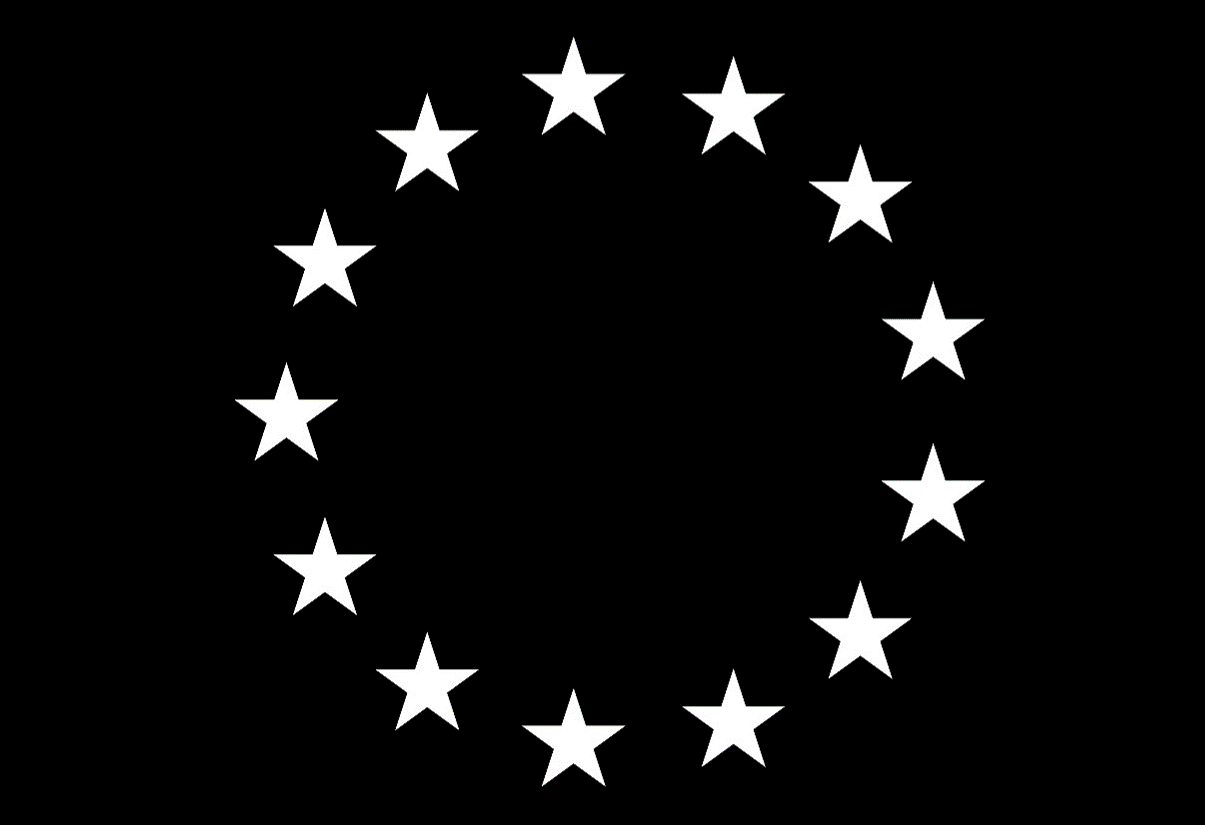France-based PASQAL is quantum computing startup <quick primer on quantum computers: instead of bits, which conventional computers use, a quantum computer uses quantum bits – known as qubits. To illustrate the difference, imagine a sphere. A bit can be at either of the two poles of the sphere (0,1), but a qubit can exist at any point on the sphere (0,1 &/ 1,0). So, this means that a quantum computer can store an enormous amount of info & uses less energy to so (as it can operate at room temperature) vs a classical computer>. Now onto the good stuff… What makes PASQAL stand out is that the startup is betting on “neutral atoms quantum computing”. Instead of trapped ions (like IonQ) or superconducting computers (like IBM), neutral atom quantum processors use lasers to hold atoms in place, with what is essentially an “optical tweezer” (these isolated atoms can then be moved closely together to create a dense matrix of qubits – using holographic methods – which can be reshuffled for a given algorithm) (aside from this, neutral atom qubits are “well isolated from external noise, meaning their encoded state remains unbroken”) (for more info, see this Pasqal research paper). Pasqal was founded in 2019 by Georges-Olivier Reymond (CEO) together with & building on the work of Alain Aspect (Scientific Advisor) – who in 2022 was awarded (alongside quantum researchers John F Clauser & Anton Zeilinger) the Nobel Prize for physics (for experiments with entangled photon, which established the properties of “bell pairs” of particles) – inspired by original findings from Antoine Browaeys (CSO) & Thierry Lahaye (Scientist Advisor) (in partnership with the Institut d’Optique). With some of the basic capabilities in place (& as Pasqal found no other firm to partner with to build quantum control hardware optimized for neutral qubits), the startup is now building its own quantum control systems (in addition to lasers & vacuum technology) to continue implementing a growing array of algorithms. Speaking of which, Pasqal merged with Qu&Co in 2021, combining its hardware with the latter’s robust portfolio of algorithms (for hard optimization problems, solving differential equations, graph-based machine learning & Hamilton simulation) (Ps: Pasqal’s quantum processing units are programmable with Pulser, an open-source framework for neutral atoms). The number of qubits a computer has is an indication of its power; Pasqal’s most recent one has 350, but anticipated to reach 1,000 by 2024, year in which, the startup will be able to show its potential customers true “quantum business advantage”. The firm brings its product to market on-premise (already sold 2 two quantum computers to HPC centers in France & Germany) as well as via the Pasqal Cloud (aka quantum-computing-as-a-service) (Pasqal is already available in Azure Quantum by Microsoft; which also offers access to IonQs Aria & Rigetti M). In the meantime, Pasqal already boasts a long list of successful pilots with the likes of Crédit Agricole – for the valuation of derivates & the assessment of credit risk (work done in partnership with Multiverse); BASF – for weather prediction to inform crop growth simulations & pesticide drift (to potentially rival Nvidia’s Earth-2 supercomputer; mind you, Pasqal also partnered with Nvidia to build a Quantum Computing Center of Excellence); BWM – for enhanced methods for chemistry & materials-science in the field of battery R&D; ENI – for a broad range of energy applications along its value chain (upstream, downstream, chemicals & renewable); Siemens – for computer-aided product design & testing software in automotive, electronics (end clients LG Electronics, Johnson & Johnson), energy & aerospace (end clients Thales & Airbus); as well as Saudi Aramco – also an investor via its CVC. Speaking of which, this latest investment is the “biggest private funding round for a quantum computer startup in Europe”. Interestingly, it comes as the stock price of New York-listed quantum computer makers, IonQ, Rigetti Computing & D-wave Quantum have sunk. A good opportunity for Pasqal to poach talent? the shortage is certainly real! according to McKinsey, there is only 1 qualified candidate for every 3 quantum job openings globally (unless “significant intervention occurs” by 2025, less than 50% of quantum jobs will be filled). Now then, few would argue against France being one of the leading quantum technology players on the planet: beside the thriving quantum startup ecosystem (see our coverage of Welinq here), it can also count on well-funded national initiatives such as the French National Center for Scientific Research & Pack Quantique as well as specialized quantum computing VCs like Quantonation – who invested in Pasqal (at inception & ever since) (hat tip Christophe Jurczak). Companies similar to PASQAL include planqc (DE) (<€5m) & Alpine Quantum Technologies (AT) (€2.5m), with honorable mention to its US ~competitors Infleqtion (prev. Coldquanta) ($185m), Atom Computing ($81m) & QuEra Computer ($17m). <Source: insidequantumtechnology.com, reuters.com, forbes.com, tech.eu, hpcwire.com, eetimes.eu, embedded.com, techrepublic.com, time.com, theregister.com, thequantuminsider.com, eu-startup.com>


